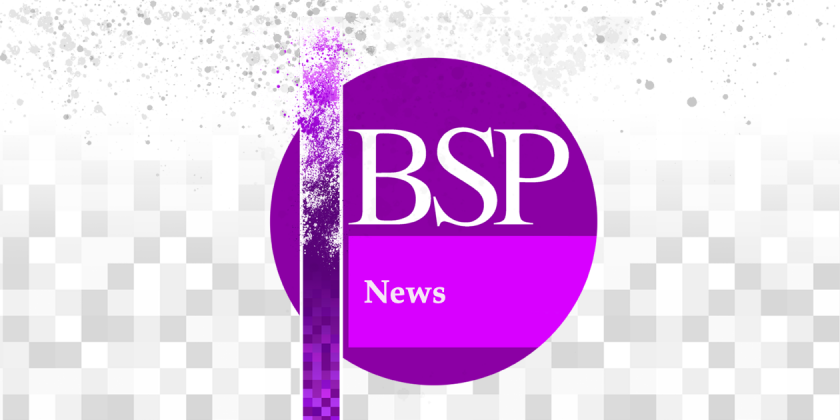(The extended deadline for call for papers) Pli invites submissions for its 34th volume on Aestheticists Ethics and Ethicist Aesthetics
About
The 33rd volume of Pli explored the topic of aesthetic education — whether there any specifically non-aesthetic reasons to engage in aesthetic experiences. For this next volume of Pli, its 34th, we will be developing on this line of inquiry by focusing specifically on the intersection of aesthetics and ethics. We are particularly interested in exploring both what may be called aestheticist ethics and ethicist aesthetics — that is, should ethical judgments play any role on aesthetic judgments/creations? and should aesthetic judgments/experiences play any role in ethical judgments/values?
For each sharp distinction that is drawn between aesthetics and ethics, we have a suggestion that they are intimately related in one way or the other — consider, for example, the cases (and possible interpretations of) Hume, Nietzsche, Mill, Foucault or Wittgenstein. Thus, in volume 34 of Pli, we are interested in exploring how it might be that ethical/aesthetic normativity is dependent on aesthetic/ethical considerations and values, and whether it should be.
That is, without exhausting all the possible approaches to the topic:
1) should our aesthetic experiences of a book (consider Nabokov’s Lolita or Bret Easton Elis’ American Psycho), a film (produced by Harvey Weinstein, directed by Roman Polanski, acted by Kevin Spacey), a painting (like The Rape of Europa, or one painted by Picasso), be dependent on ethical considerations regarding the topic, the content, or the creator of such experiences? Or should our aesthetic judgments of these experiences be grounded in ethical judgments? If so, would there be any relevant contradiction in holding, for example, that war is bad, and that Homer’s Iliad is a beautiful work of epic poetry? We might also consider aesthetic choices that need to be made by creators of aesthetic experiences (artists or producers of shows, for example) and argue that these choices should be determined, not only by aesthetic judgments, but also ethical ones.
2) what about our ethical judgments — is it ever justifiable that what we take to be good or bad in the world be dependent on aesthetic judgments/experiences? Indeed, whilst it appears straightforward to say that a work of art ought to embody such and such ethical values because instantiating them would be the right thing, it is not at all clear what it would mean to say that an ethical value ought to embody such and such aesthetic values. What would the aesthetic value be — would it be beauty as opposed to ugliness, or aesthetic qualities like harmony, elegance, simplicity? Could it be, perhaps that what we take to be good — or what we take to be right — should be guided by what we take to be beautiful? Or, possibly more meaningfully, and borrowing from Marcia Muelder Eaton’s discussion, that aesthetics is the mother of ethics (in the sense that aesthetic experiences are a source for the construction of a moral agent and their moral sensitivity — weather we take the ethical problem entailing a process of discovery or construction). To put our inquiry in more general terms: should ethics/morality ever be grounded on any kind of aesthetic judgment/values — or, more minimally, aesthetical experiences?
These are the type of questions that we wish to investigate in the 34th volume of Pli. We invite contributions that seek to explore the possibilities of aestheticist ethics and ethicist aesthetics; that question, in short, the proposed fusion of aesthetics and ethics.
We are also interested in receiving book reviews on the theme of aestheticist ethics and ethicist aesthetics. Please do not hesitate to contact us with any questions regarding the appropriateness of a proposed book review.
Invited contributors: Heather Widdows, Andrew Huddleston, and Ted Nannicelli.
The deadline for submissions has been extended and it is now the 31st August 2022. All submissions should be no longer than 8,000 words, prefaced by an abstract, and sent by email to: [email protected] as a Word, ODT or RTF file. Please, include an e-mail address for future correspondence.
Before submitting an article, please ensure you have read the Notes for Contributors at https://plijournal.com/notes-for-contributors/.

